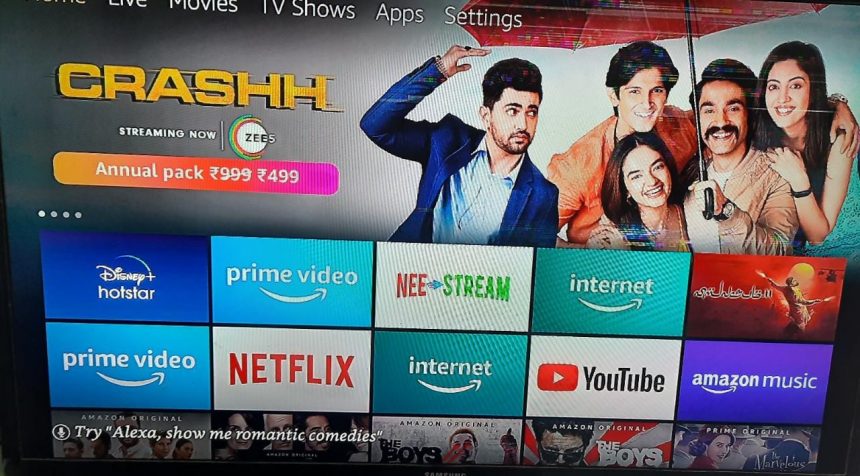The Union Government on Thursday announced new guidelines for regulating social media and OTT (Over-the-top) platforms in the country. The government has notified the Information Technology (Intermediary Guidelines and Digital Media Ethics Code) Rules 2021.
This Code of Ethics prescribes the guidelines to be followed by OTT platforms and online news and digital media entities. The new guidelines will be implemented within three months.
The move from the government comes at a time when questions are raised about privacy and freedom of expression. According to a media statement, the new rules are aimed at addressing the growing concerns around lack of transparency, accountability and rights of users related to digital media.
Information Technology (Intermediary Guidelines and Digital Media Ethics Code) Rules 2021 has been framed in exercise of powers under section 87 (2) of the Information Technology Act, 2000 and in supersession of the earlier Information Technology (Intermediary Guidelines) Rules 2011.
While unveiling the new set of regulations IT minister Ravi Shankar Prasad said, “Social media platforms are welcome to do business in India but they need to follow the Constitution and laws of India. Social media platforms have empowered ordinary users but they need accountability against its misuse and abuse.”
As per the new guidelines, the platforms should provide a grievance redressal mechanism for receiving and resolving complaints from the users or victims. The platforms shall also appoint a grievance officer to deal with the complaints. The new guidelines also stipulate that the grievance officer shall acknowledge the complaint within twenty-four hours and resolve it within fifteen days from its receipt.
The new set of guidelines also emphasise providing more safety and dignity for users especially women users. The platforms should remove or disable access withing 24 hours of receipt of complaints of contents that exposes the private areas of individuals, show such individuals in full or partial nudity or in a sexual act or is in the nature of impersonation including morphed images etc.
“Social media platforms upon being asked either by a court order or a govt authority will be required to disclose the first originator of mischievous tweet or message as the case may be,” added Mr. Prasad.
“Over the years, the increasing instances of misuse of social media by criminals, anti-national elements have brought new challenges for law enforcement agencies. These include inducement for recruitment of terrorists, circulation of obscene content, the spread of disharmony, financial frauds, incitement of violence, public order etc.”
Earlier the industry body Internet and Mobile Association of India had sought public consultations with the government on guidelines for OTT streaming platforms before they are notified.
According to the data released by the government, India has about 53 crore WhatsApp users, 41 crore Facebook users and 1.75 crore Twitter users.
Salient Features:
The Rules establish a soft-touch self-regulatory architecture and a Code of Ethics and three-tier grievance redressal mechanism for news publishers and OTT Platforms and digital media.
Publishers of news on digital media would be required to observe Norms of Journalistic Conduct of the Press Council of India and the Programme Code under the Cable Television Networks Regulation Act thereby providing a level playing field between the offline (Print, TV) and digital media.
A three-level grievance redressal mechanism has been established under the rules with different levels of self-regulation.
Voluntary User Verification Mechanism: Users who wish to verify their accounts voluntarily shall be provided with an appropriate mechanism to verify their accounts and provided with a demonstrable and visible mark of verification.
Significant social media intermediaries providing services primarily in the nature of messaging shall enable identification of the first originator of the information that is required only for the purposes of prevention, detection, investigation, prosecution or punishment of an offence related to sovereignty and integrity of India, the security of the State, friendly relations with foreign states, or public order or of incitement to an offence relating to the above or in relation with rape, sexually explicit material or child sexual abuse material punishable with imprisonment for a term of not less than five years.



Leave a Reply